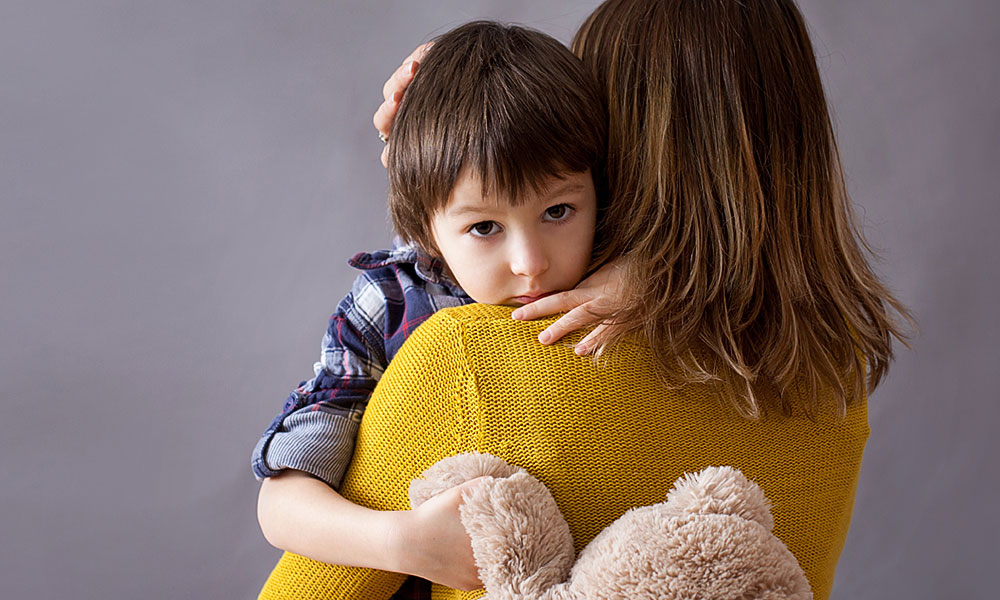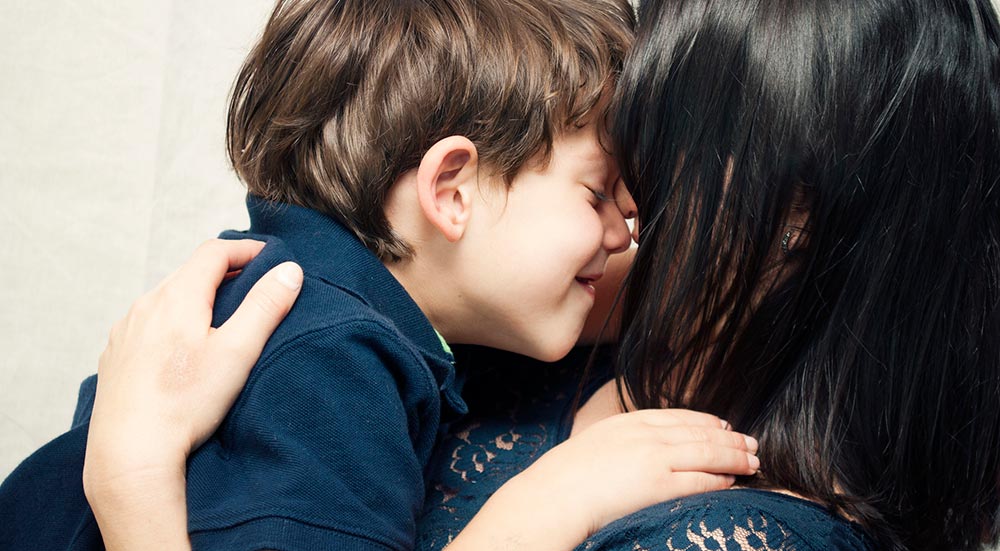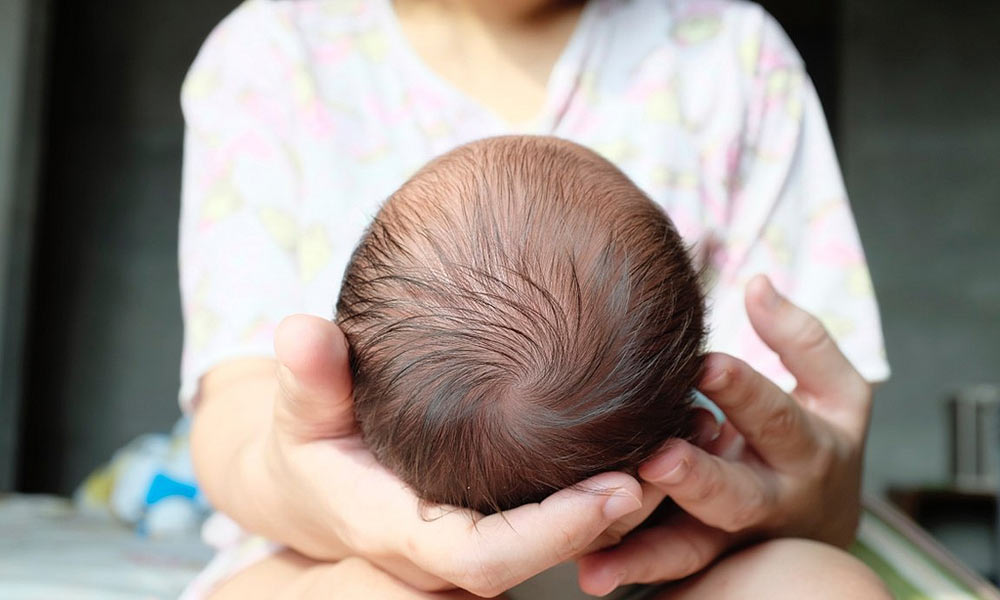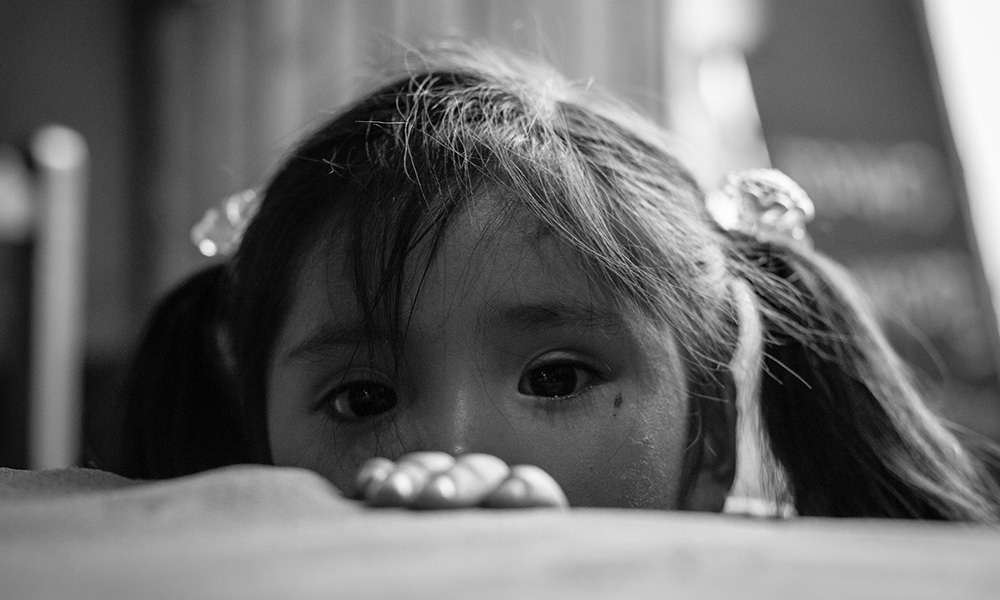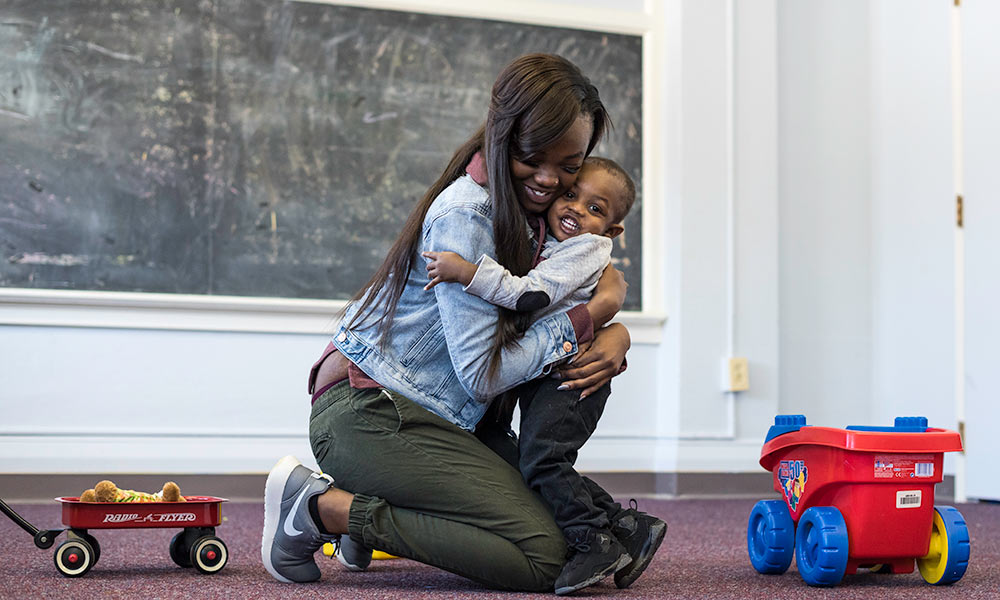
Society & Culture
At-risk families find research-driven services at Mt. Hope Family Center
October 4, 2017
The Mt. Hope Family Center sits on a two-way street. Its researchers and clinicians have provided evidence-based services to at-risk families, while training the next generation of clinicians and research scientists.




